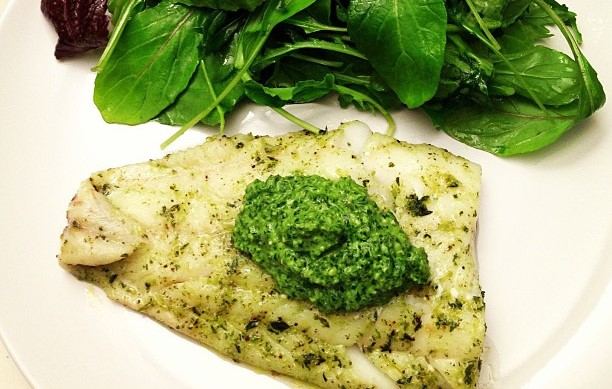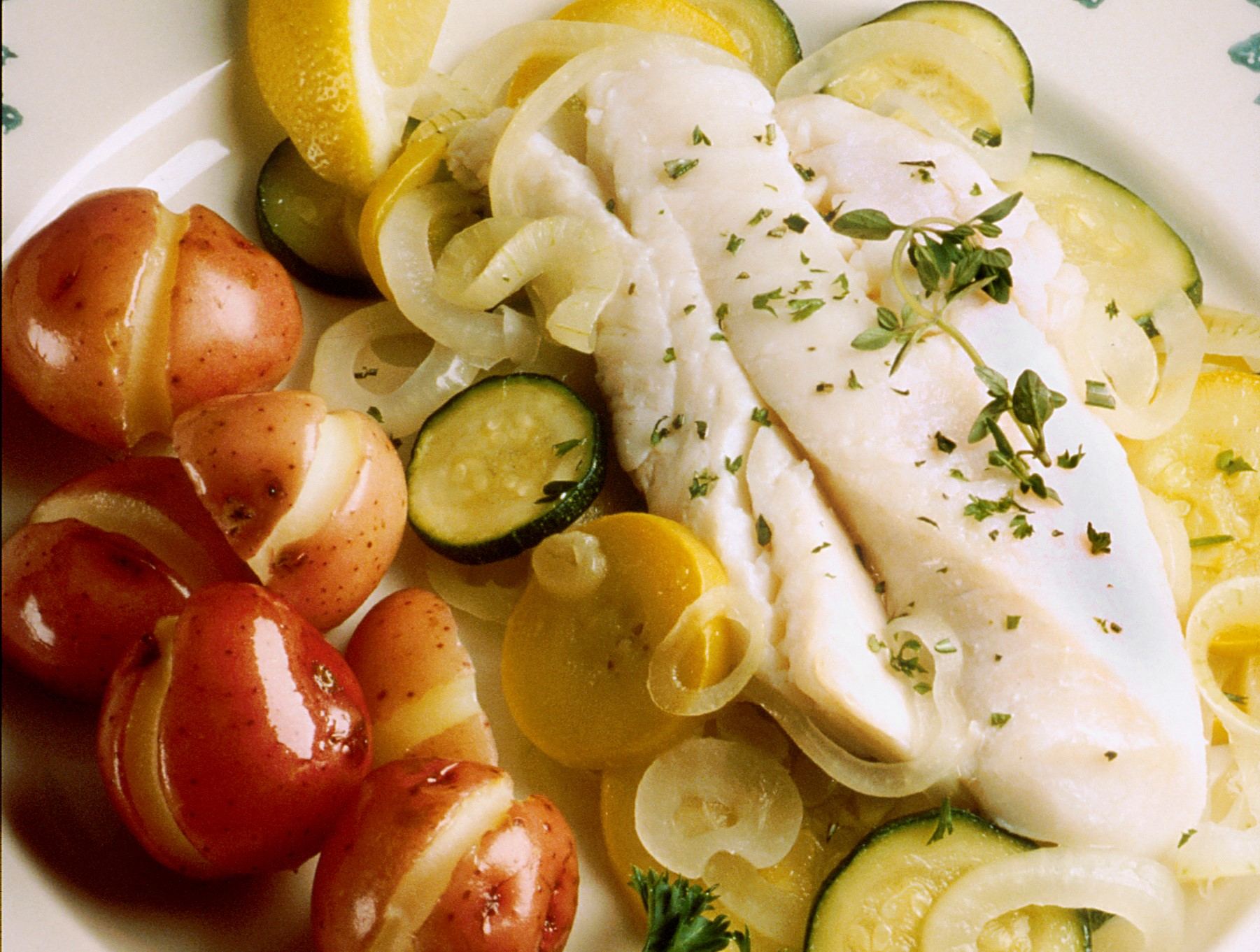The NHS recommends eating at least 2 portions of fish a week, including a portion of oily fish. We’ve previously covered the health benefits of oily fish such as salmon but white fish (such as cod, haddock, halibut, sole, etc) shouldn’t be ignored! If white fish is great because it’s so versatile, it also has many health benefits and is an essential part of a healthy, balanced diet.
Helps fight inflammation
White fish is a great source of vitamin B6, which helps fight inflammation in the body. Vitamin B6 can help reduce pain caused by inflammation-related illnesses such as asthma and arthritis, but everyone can benefit from it.
Supports the immune system
White fish is also a good source of vitamin B3, which is known to boost the immune system and can help recover from infections faster. Who knew your fish dinner could help fight colds?
Helps to keep your bones strong
White fish is high in phosphorus, which plays an essential part in maintaining bone structure and density. Eating white fish on a regular basis could then help keep your bones healthy and strong, helping prevent conditions such as osteoporosis.
Supports nervous system and blood cells health
Vitamin B12 is an essential vitamin for the healthy function of the nervous system as well as blood cells health. Consuming white fish as part of a balanced diet is a great way to get vitamin B12.
Low in LDL Cholesterol
There are 2 types of cholesterol: LDL (the ‘bad cholesterol’) and SDL (the ‘good cholesterol’). White fish is low in LDL cholesterol which can help you keep your cholesterol levels in check!
Low-fat source of protein
If you’re trying to lose weight or generally stay healthy, white fish can be a great food to include in your diet! It’s low in fat and high in protein. Protein can help you feel fuller and is also an essential part of building muscles.
These are only some of the main health benefits of white fish – there are many other benefits associated with the regular consumption of white fish including brain health and eye health.
White fish also contains omega-3 fatty acids but at much lower levels than oily fish, which is why a balanced diet should include both white, oily fish and shellfish, so you can get a wide array of vitamins and minerals.
Want to get started? We’ve got plenty of recipes and cooking tips on our blog!



